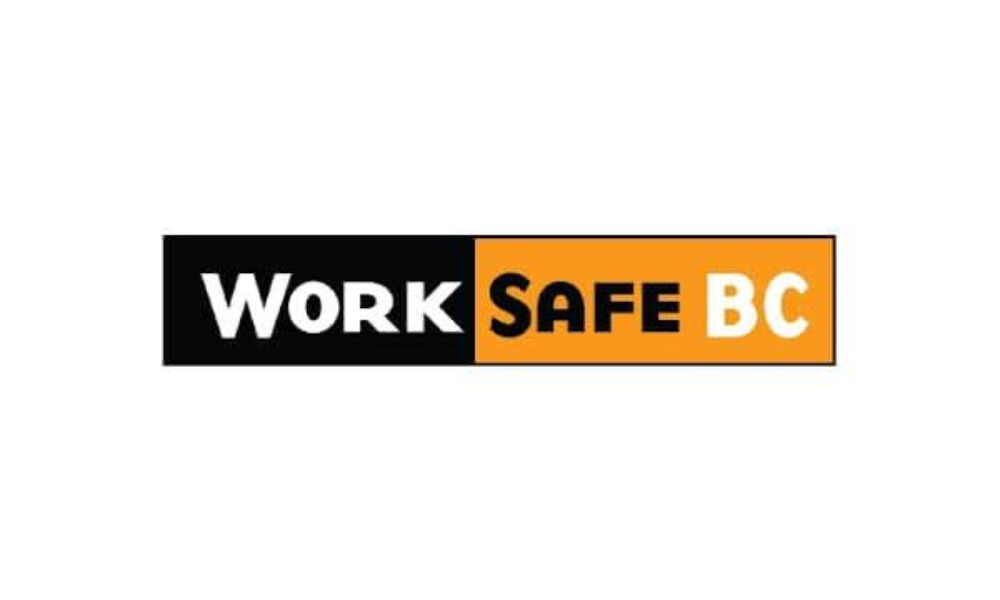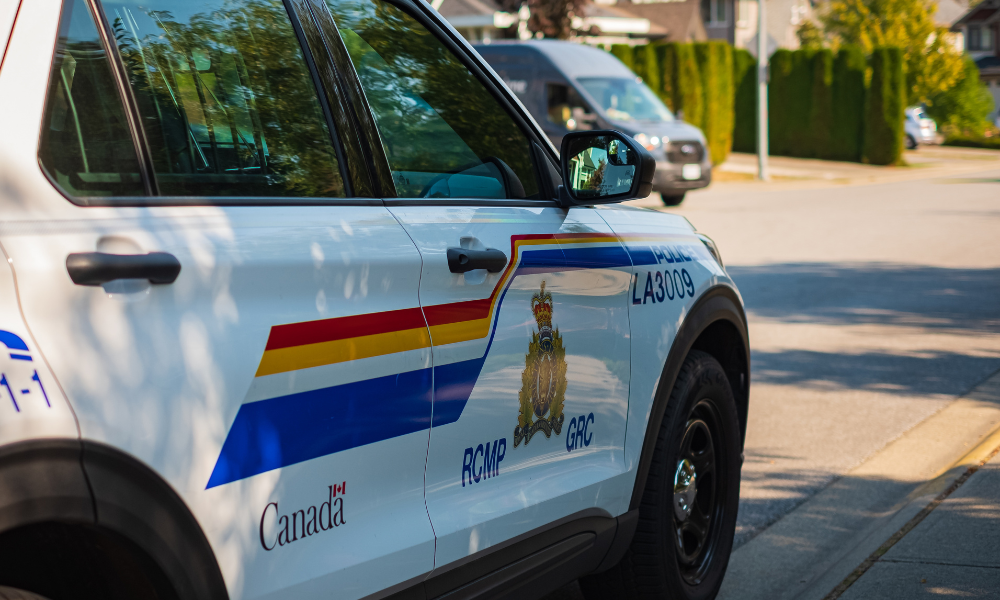Current policy undermines worker rights and enables systemic claim suppression, says B.C. tribunal’s ex-vice-chair

A former vice-chair of British Columbia’s Workers’ Compensation Appeal Tribunal is calling for an end to experience rating as a funding mechanism in the province’s workers’ compensation system.
In a new report, Paul Petrie argues that the model incentivises employers to suppress injury claims and under-report workplace incidents, undermining the foundational principles of the compensation system.
The report—an addendum to Petrie’s 2018 review titled Restoring the Balance: A worker-centred approach to workers’ compensation policy—recommends that the Board of Directors of the Workers’ Compensation Board (WCB), also known as WorkSafeBC, replace experience rating with a return to the collective liability model. This recommendation marks Petrie’s 35th since his original report.
“Since the move to fully embrace experience rating in the 1990s was a policy decision by the then-governing Panel of Administrators, it is open to the now-governing WCB Board of Directors to set in motion the steps necessary to change this policy,” said Petrie.
He added: “As a first step, the Board of Directors may wish to study the collective liability funding mechanism in the Yukon. The Yukon’s ‘Super-Assessment Policy’ offers a creative ‘modification’ to experience rating, using a collective liability focus.
“The Yukon Super-Assessment Policy provides leadership in Canada to re-establish the principle of collective liability and places the priority on incentives that promote prevention initiatives and control of the hazards that cause injuries in the first place, rather than an incentive focused on controlling the claim costs after the injury has occurred.”
Suppression of claims
The current system, Petrie said, creates financial incentives that directly motivate employers to suppress claims or discourage injured workers from filing them.
A 2020 study commissioned by the WCB and conducted by the Institute for Work & Health (IWH) found that between 40% and 60% of time-loss injuries in B.C. may go unreported each year. Based on that data, Petrie estimates that 45,000 time-loss injuries in 2019 were not reported, resulting in over 225,000 lost workdays and approximately $50 million in costs shifted onto workers, families, and public health systems.
The report highlights what Petrie describes as a “shocking” lack of enforcement of Sections 73 and 150 of the Workers Compensation Act, which prohibit claim suppression and require timely employer reporting of injuries.
According to data Petrie obtained through Freedom of Information requests:
- Between 2018 and 2021, only four investigations were carried out under Section 150, with no penalties imposed for employer failure to report time-loss injuries.
- In 2024 alone, more than 20,000 claims were adjudicated without employer injury reports, yet no investigations under Section 150 were initiated.
- Enforcement of Section 73, which prohibits discouraging workers from reporting or claiming compensation, has also been minimal, with only four penalties issued in 2024 and none under the newly introduced Section 73(2).
Petrie argues that this lack of enforcement, combined with the cost pressures imposed by experience rating, has fundamentally altered the WCB’s approach—from one based on inquiry and entitlement to one focused on cost containment and dispute.
“The Board’s lack of enforcement of the Act’s requirements and protections is, in my view, an underlying cause of extensive under-reporting of workplace injuries and illnesses and of deep-rooted claims suppression,” he said.
Petrie’s report characterises the current state of B.C.'s workers' compensation system as a “moral crisis,” echoing similar concerns raised in Ontario’s 2012 Funding Fairness report. He criticises WorkSafeBC’s administrative leadership for failing to act on previous recommendations and for enabling a culture of claims suppression.
And “the failure of WorkSafeBC’s administration to take substantial measures to stop underreporting and claim suppression in response to this compelling evidence, makes it a complicit partner…” he said.
He urges the WCB Board of Directors to act immediately to phase out experience rating and restore collective liability. Petrie is also calling on the B.C. government to fulfil its oversight responsibilities and ensure the system meets its legislative purpose of fairly compensating workers and supporting their recovery.
Stakeholder comments
The BC Federation of Labour welcomed Petrie’s report.
“Paul Petrie’s done some thorough, invaluable work here, and we’re grateful for it,” said president Sussanne Skidmore, according to a report from The Tyee. “We’re still digesting his findings and his recommendations, and we’ll be talking with our affiliates in the coming weeks about next steps.”
Meanwhile, WorkSafeBC disagrees that experience rating incentivizes claim suppression.
A spokesperson said that it sees it as an incentive for employers to reduce workplace injuries and keep workers safe.
One way WorkSafeBC addresses claim suppression is by identifying unregistered employers, the spokesperson said, according to The Tyee’s report. “Since 2016, the compliance team has identified and assessed 3,251 unregistered employers, recovering $14.4 million in unpaid premiums, and ensuring these workers are provided with WorkSafeBC coverage.”





